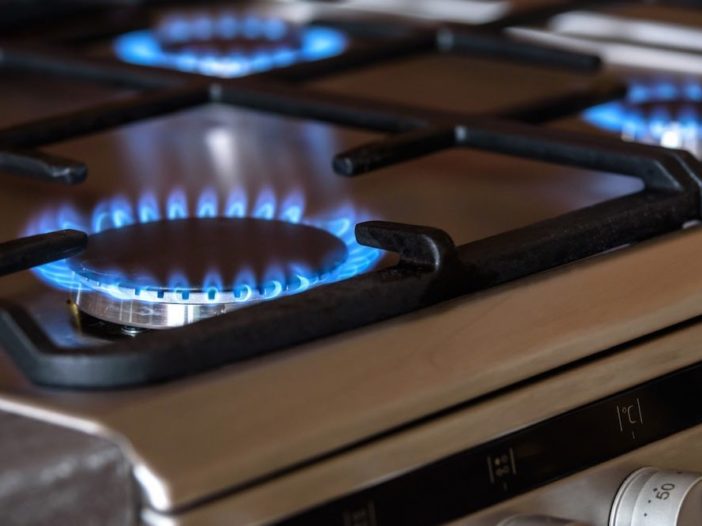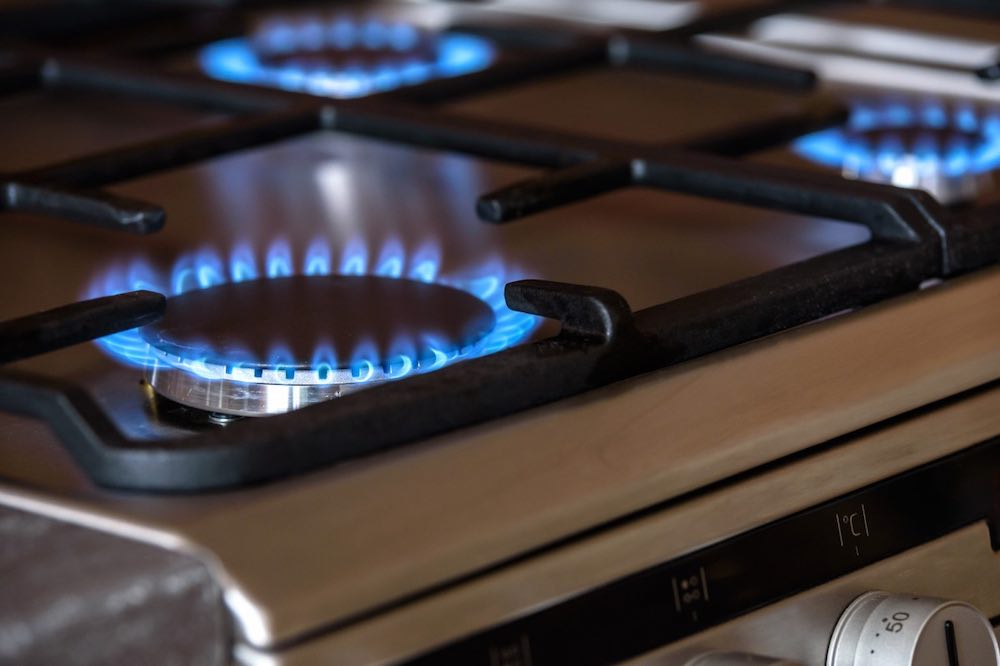
An all-electric new-build home with rooftop solar and no gas appliances could save Western Australian households up to $10,500 on energy costs over 10 years compared to dual fuel homes without solar, a new study has found.
The study, by not-for-profit sustainability outfit Renew, sought to determine the most cost-effective source of energy for heating, hot water and cooking for households on the main WA grid, known as the South West Interconnected System (SWIS).
The resulting report found that for both new and existing homes, the cheapest options were reverse cycle air conditioners, heat pump hot water systems and induction cooktops, not a gas appliance in sight.
This meant that for both new homes and existing homes, swapping out gas appliances for electric appliances, either all at once or as they required replacing, was the best option on an economic basis – and not just by a little bit.
According to Renew policy and research manager Dean Lombard, replacing old gas heaters with reverse cycle air conditioners could save medium-sized Perth households around $1,000 over 10 years, even if they retained gas for hot water and cooking.
If those same households also replaced their gas hot water and cooking appliances with electric alternatives, disconnecting altogether from gas, the savings would be boosted to as much as $2,400 over the same 10-year period.
In Albany, in Western Australia’s southern tip, savings were found to be two to three times higher due to higher gas prices and greater need for heating due to the colder climate.
And for new home buyers, who opted for all-electric appliances from the get-go, and combined these with a rooftop solar system, the study found these WA households would be better off by between $7,500 and $10,500 over 10 years, compared to those with gas appliances and without solar.
Renew noted that the WA market analysis resonated with work it had undertaken for the National Electricity Market, which had also suggested that gas was no longer the cheapest fuel source for most residential activities in most locations.
Previous studies have come to a similar conclusion. A 2018 report from the Alternative Technology Association put a question mark over the use of gas in homes in almost every major city of Australia, and categorically ruled it out as “uneconomic” in new-build homes anywhere in the country.
But the pros and cons of gas versus all-electric aren’t always presented clearly to consumers – nor is choosing to disconnect from the gas network an easy step in some jurisdictions, as New Energy Ventures’ James Allston explained here last year. (In the ACT, the government addressed this by amending a law that mandated the delivery of gas to all new housing developments, as an essential service.)
To this end, the Renew report recommended a suite of measures to ensure consumers were better informed of the real cost of purchasing and operating both gas and electric appliances, equipping them to make better decisions on appliance choices.
“The role of governments and industry here is to assist in the provision of accurate, targeted information and advice, that is easy to understand, and that assists consumers in making these choices,” the report said.
“Questionable claims about the affordability of gas continue to be communicated by gas appliance sellers, gas retailers and gas networks – often with very little detail as to how individual appliance loads and running costs are calculated, and little regard for appropriate alternatives,” the report continued.
“Renew recommends that the ACCC and/or relevant jurisdictional departments of consumer affairs dedicate focus and resources to monitoring relevant marketing material in this area.”
For WA households, the advice is pretty clear: consider efficient electric appliances when an old gas appliance needs replacing, because “in almost all cases” they will save you money over the life of the appliance.
Renew also recommends that new homes are built to be all-electric and solar powered and not connected to gas networks at all – a possibility that the ACT is currently making a reality in the greenfield residential development of Ginninderry.
“Connecting housing estates to gas locks those new home buyers into significantly higher energy costs for the medium to longer term,” Lombard said.

Sophie is editor of One Step Off The Grid and deputy editor of its sister site, Renew Economy. Sophie has been writing about clean energy for more than a decade.



